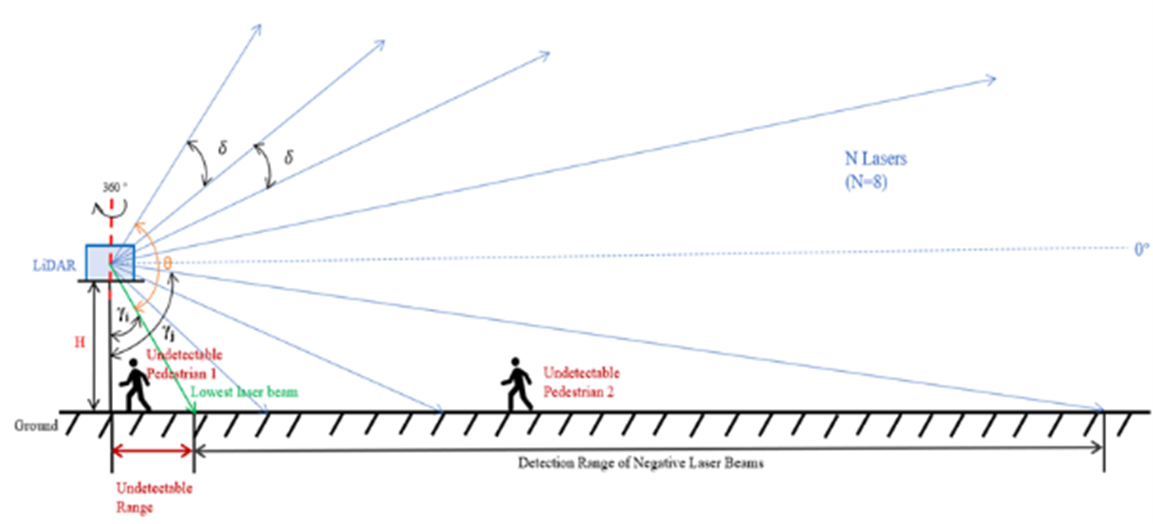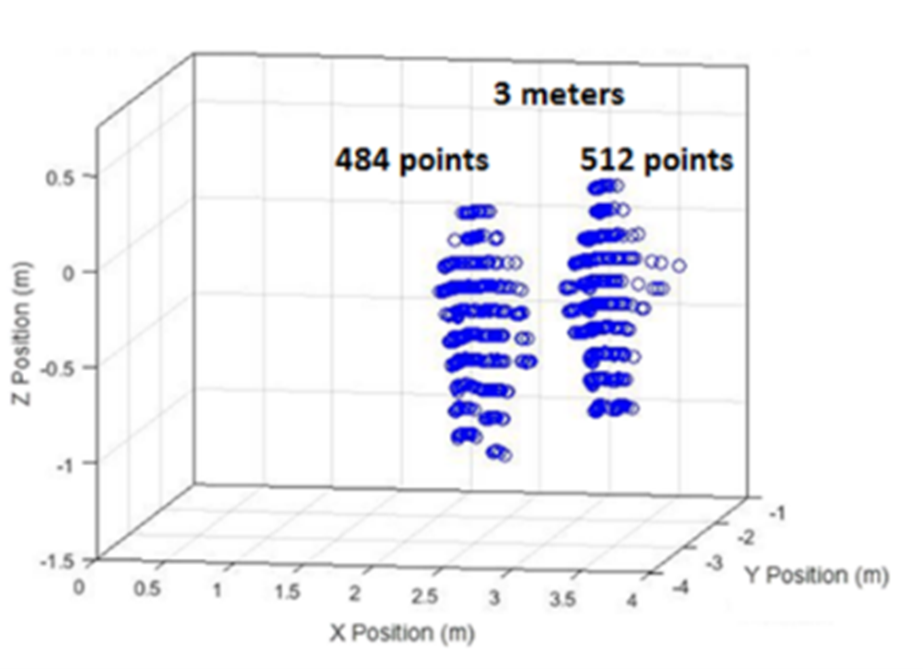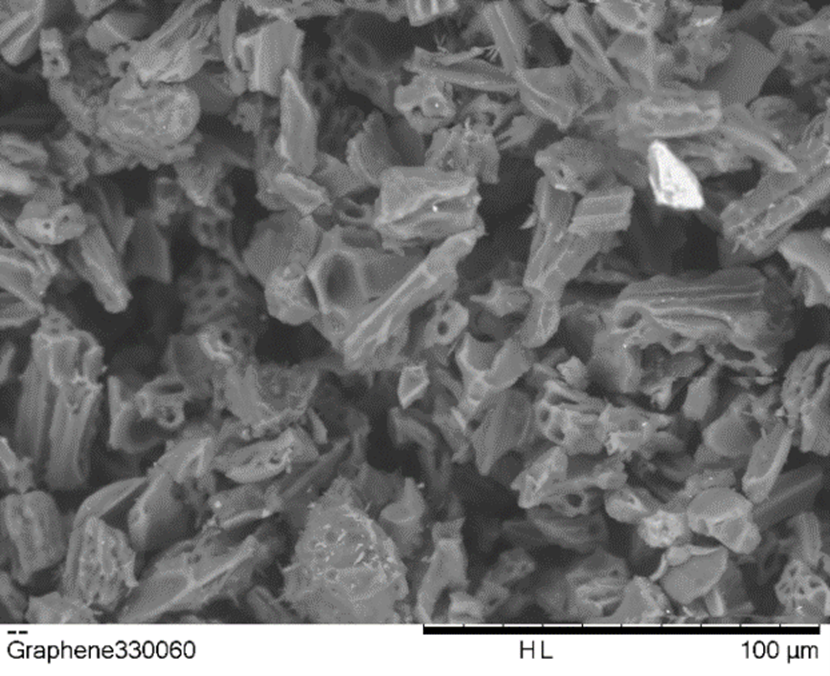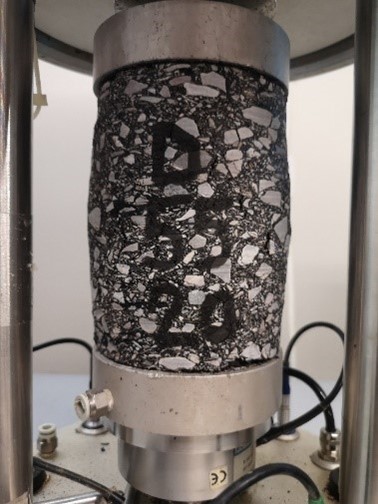Transportation
Overview
Our transportation research area advances the field through key domains such as traffic operation and control, intelligent transportation systems (ITS), and traffic safety. We develop optimal highway control strategies, apply advanced technologies like Automated Vehicle Location (AVL) to bus transit systems, and delve into fundamental traffic flow theories. Using econometric methods, we analyze transportation data to understand economic impacts, while statistical modeling helps us identify risk factors and improve road safety. In concrete pavement technologies, we focus on design, performance evaluation, forensic investigations, and strategies for preserving and rehabilitating rigid pavements. Our multidisciplinary approach, in collaboration with industry and government partners, addresses modern transportation challenges to enhance infrastructure and mobility.
Research Projects
Dr. Hongchao Liu
Grant: Technical Assistance to TxDOT Amarillo, Lubbock, and Fort Worth District
Award: Pyke Johnson Award, Transportation Research Board, for the paper: Chen, Z., H. Xu*, J. Zhao*, and H. Liu (2023). “Curbside Parking monitoring with Roadside LiDAR.” Transportation Research Record. 2677(10), 825-837.
Description:
Dr. Liu's recent research has been primarily focused on using advanced sensing technologies to enhance the efficiency of existing highway systems in terms of reducing congestion and improving safety. A major focus is developing enabling data modeling and analytic tools, particularly, artificial intelligence and machine learning methods for accurate processing of infrastructure-based high-resolution data with enhanced computational efficiency for real-time applications such as red light running protection and pedestrian crossing protection systems.


Pedestrian fatalities nearly doubled in the past decade and these fatalities represent about 19% of all traffic deaths in 2022. Traditional historical data-based highway safety studies have long been valuable in understanding past trends and patterns in accidents. However, as we navigate an ever-evolving transportation landscape, there's a growing recognition that solely relying on historical data has limitations in addressing emerging challenges and ensuring robust road safety measures for the future. Hence, the shift towards proactive studies becomes imperative. Proactive studies on highway safety stand as a cornerstone in the ongoing mission to mitigate risks, reduce accidents, and save lives on our roadways. Proactive studies are essential because they provide invaluable insights into the complex dynamics of traffic, human behavior, vehicle technology, and infrastructure, enabling policymakers, engineers, and safety experts to develop targeted strategies for improvement. Dr. Liu's research aims to identify near-crashes/near-misses from high-resolution vehicular and pedestrian trajectories obtained from LiDAR sensors, and use the results to develop predictive hotspot maps and preventive strategies for transportation planning, operation, and management.
Dr. Pawel Polaczyk:
Investigation of graphene-modified asphalt efficacy to pavement performance.
Description:
The pavement industry is in constant search of new asphalt binder modifiers. Modifying the asphalt binder allows for a wider temperature range, which provides better performance and longer pavement service life. In recent years nanomaterials gained increased attention from the pavement industry. Graphene is a nanomaterial that can be used as an asphalt binder modifier. Graphene has a single layer of carbon atoms organized in a hexagonal pattern, which grants unique properties. This study aims to evaluate the efficacies of graphene-modified asphalt on pavement performance through the laboratory test on asphalt binder and asphalt mixtures prepared with unmodified and graphene-modified binders. It is expected that graphene could effectively increase the rutting resistance of asphalt mixture; however, the cracking resistance is strongly correlated to the quality of the graphene (particle size and purity).

The SEM images of graphene

Determination of cracking and rutting resistance.
Faculty
Department of Civil, Environmental & Construction Engineering
-
Address
Texas Tech University, Box 41023 | Lubbock, TX 79409−1023 -
Phone
806.742.3523 -
Email
cece@ttu.edu
